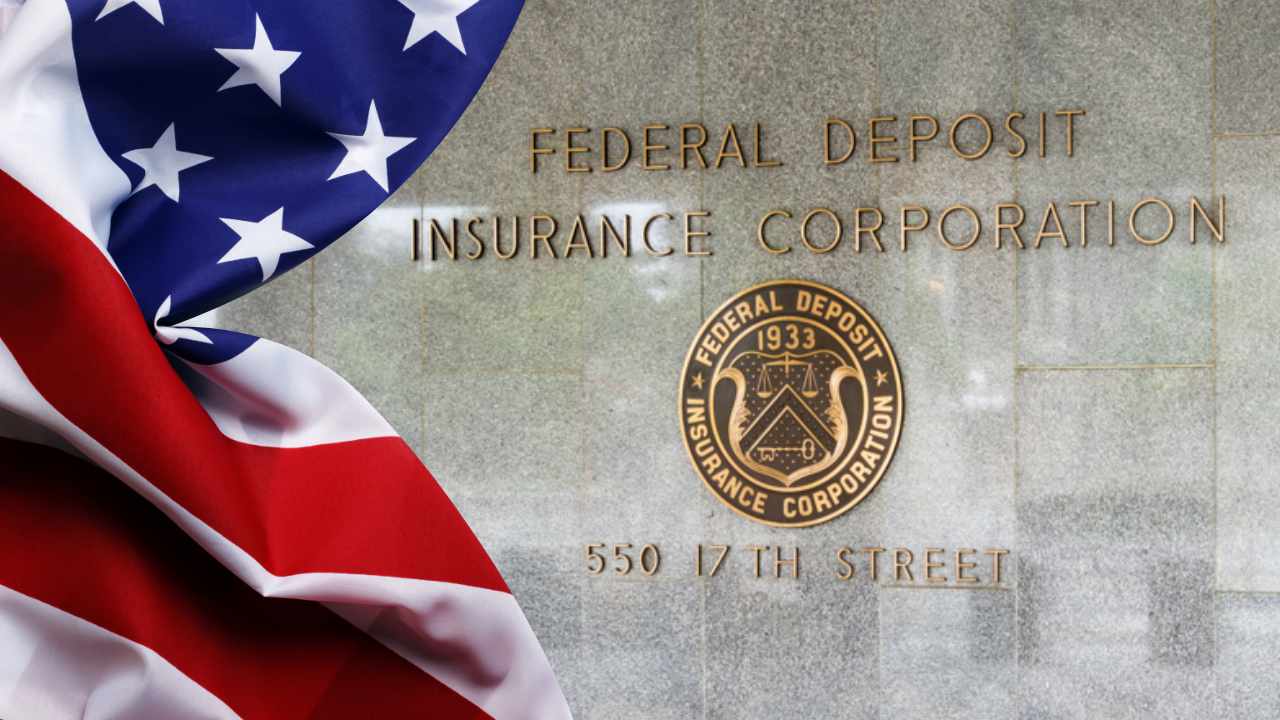
The Federal Deposit Insurance Corporation (FDIC) has sent a cease and desist letter to five companies, including crypto exchange FTX US. CEO Sam Bankman-Fried explained that FTX does not have FDIC insurance, stating: “We never meant otherwise, and apologize if anyone misinterpreted it … to be clear FTX US isn’t FDIC insured.”
FDIC Orders 5 Firms to Cease and Desist
The Federal Deposit Insurance Corporation (FDIC) issued crypto-related cease and desist orders to five companies Friday. The agency regulates and insures the deposits of FDIC-insured community banks and other financial institutions.
The letters demand that the five companies and their officers “cease and desist from making false and misleading statements about FDIC deposit insurance.” They must also “take immediate corrective action to address these false or misleading statements.”
The five companies are FTX US, Cryptonews.com, Cryptosec.info, Smartasset.com, and FDICCrypto.com.
The FDIC detailed:
Each of these companies made false representations — including on their websites and social media accounts — stating or suggesting that certain crypto–related products are FDIC–insured or that stocks held in brokerage accounts are FDIC–insured.
According to the FDIC, Cryptonews.com has reviews on its website claiming that Coinbase, Etoro, and Gemini crypto trading platforms are FDIC insured. Cryptosec.info and Smartasset.com provide a list of FDIC-insured crypto exchanges that includes Crypto.com, Luno, Robinhood, and Voyager. Meanwhile, FDICCrypto.com blatantly registered a website with FDIC in its domain name.
FTX US Ordered to Cease and Desist
FTX US is one of the crypto firms that received a cease and desist letter from the FDIC.
Although FTX and FTX US are two separate trading platforms, they are both founded by Sam Bankman-Fried, who is currently the CEO of both companies. Global exchange FTX does not allow U.S. residents to trade on its platform.
Bankman-Fried apologized for the confusion regarding FDIC insurance on Twitter. “Clear communication is really important; sorry!” he tweeted. “FTX does not have FDIC insurance (and we’ve never said so on website etc.); banks we work with do. We never meant otherwise, and apologize if anyone misinterpreted it.” In a follow-up tweet, he stressed: “To be clear, FTX US isn’t FDIC insured.”
This was not the first time the FDIC has taken action against crypto companies. The regulator and the Federal Reserve Board issued a letter to Voyager Digital last month demanding the crypto lender cease and desist from making false or misleading representations of deposit insurance status. Voyager filed for bankruptcy protection last month.
What do you think about the FDIC issuing crypto-related cease and desist orders to five companies? Let us know in the comments section below.
Image Credits: Shutterstock, Pixabay, Wiki Commons
Disclaimer: This article is for informational purposes only. It is not a direct offer or solicitation of an offer to buy or sell, or a recommendation or endorsement of any products, services, or companies. Bitcoin.com does not provide investment, tax, legal, or accounting advice. Neither the company nor the author is responsible, directly or indirectly, for any damage or loss caused or alleged to be caused by or in connection with the use of or reliance on any content, goods or services mentioned in this article.



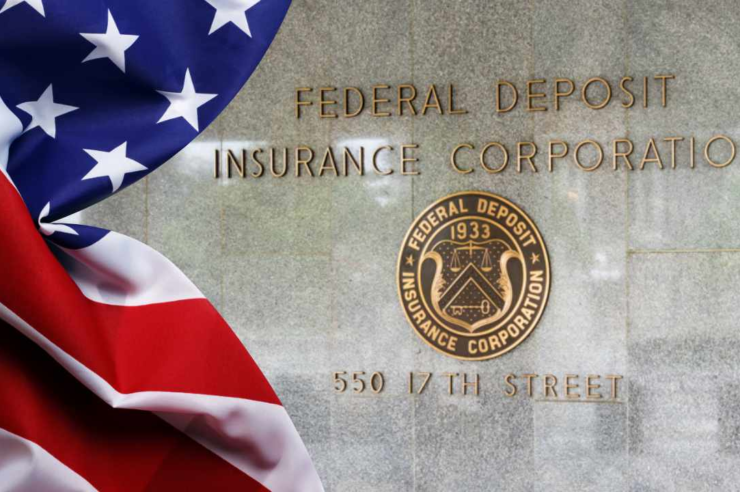
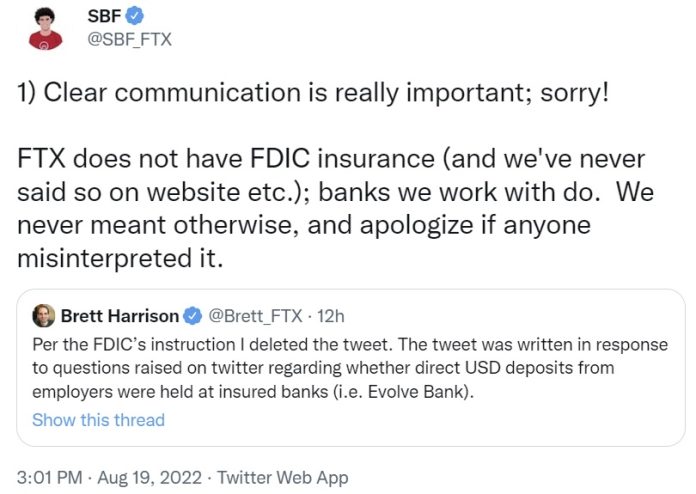
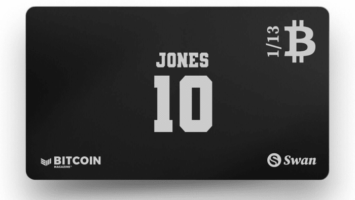
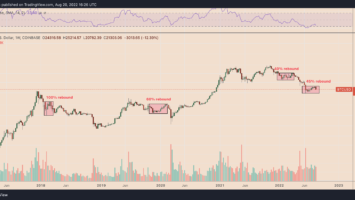
















Comments (No)